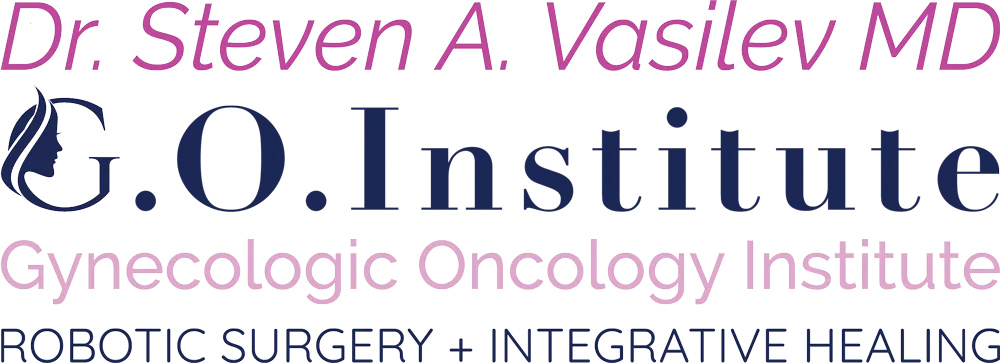The Gynecologic Oncology Institute is no longer accepting new clinical patients. For complex endometriosis and adenomyosis care, visit LotusEndo.com
Overcome Gastrointestinal Challenges in Endometriosis: Understand and Manage Complex Symptoms
Empower Your Health Journey with Expert Insights into Endometriosis-Related Gastrointestinal Issues
Endometriosis Bloating
Endometriosis bloating is common and often called EndoBelly. Nausea, SIBO, flatulence and pain after eating are some of the gastrointestinal endometriosis symptoms and findings. But endo can mimic other diseases too, some of which are easier to treat and some of which are more ominous and even life-threatening. Getting the right diagnosis when you have gas, bloating and other possible irritable bowel symptoms is crucial to success and relief from suffering. This is must-know information and highlights why you should have a highly specialized expert gynecologic pelvic surgeon in your corner, who can perform meticulous endo excision. For the reasons listed in this review, a gynecologic oncologist like Dr. Vasilev can be critical to consult with, especially when gastrointestinal (bowel) symptoms are present.
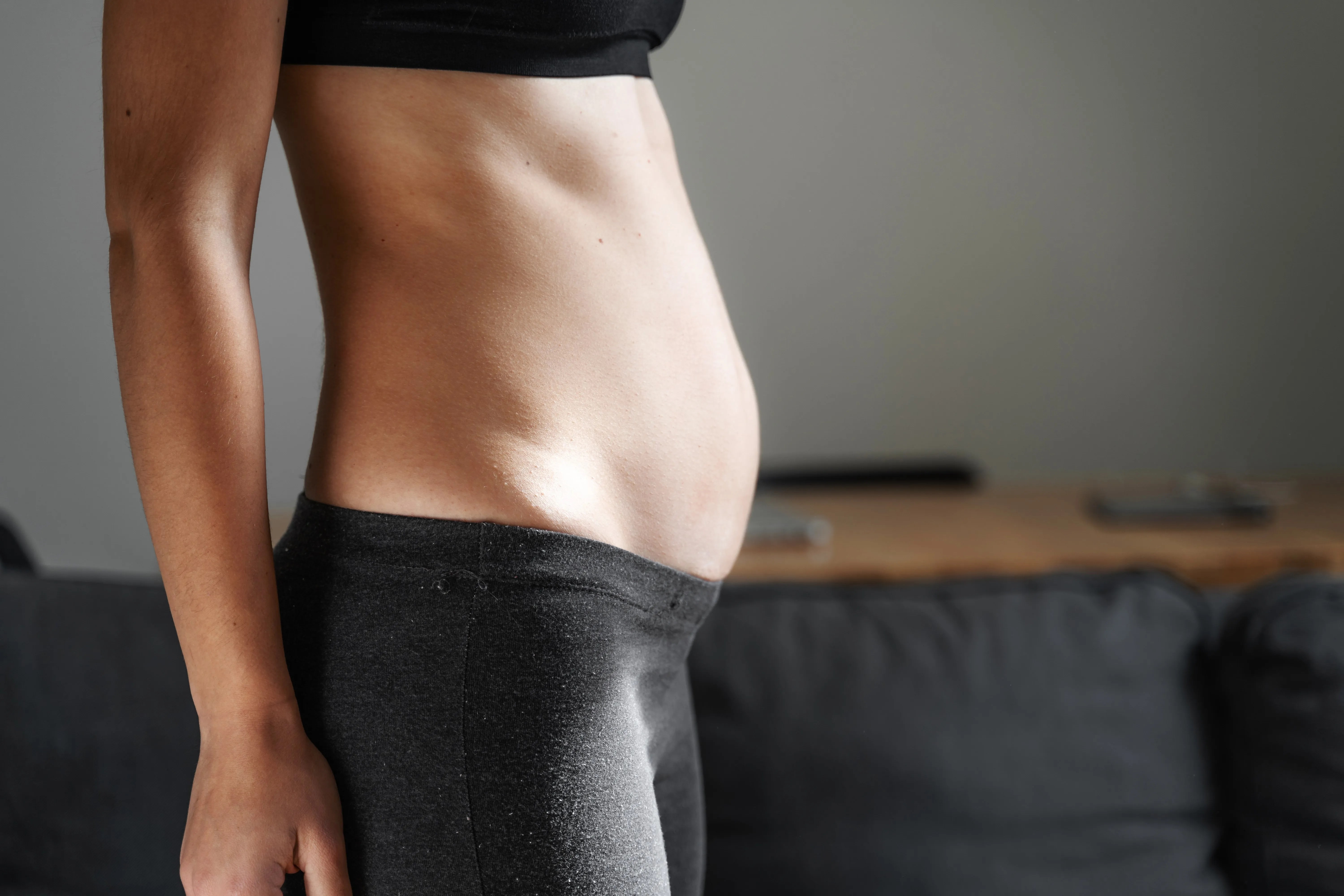
Can Endometriosis Cause Bloating & Gas?
Watch the video below. It’s about 12 minutes long and covers all the MUST-know information about endo belly.
GI Endometriosis
Endo can cause a lot of gastrointestinal (GI) or bowel symptoms, including endometriosis bloating and endometriosis nausea. Why is this critical to know? Because, even though bowel symptoms can be even more common than gynecologic pelvic pain, gastrointestinal discomfort can be shrugged off as something like food intolerance or gluten allergy. Also, bloating can be a symptom of something even worse, especially if you are older.
Ovarian cancer can also produce symptoms such as bloating, gas pain, pelvic pressure, constipation, diarrhea and things like that. Endometriosis increases the risk of certain types of ovarian cancer, and you can read more about that at the end of this article. While the absolute increased risk is relatively small (1% or less), when symptoms are present that mimic ovarian cancer, it is prudent to see what may be going on. This is especially true if you are older or have a history of cancer in the family. So, it is important to pay attention to gastrointestinal symptoms that might be misdiagnosed as stress-induced irritable bowel syndrome or other medically treatable intestinal disorders.
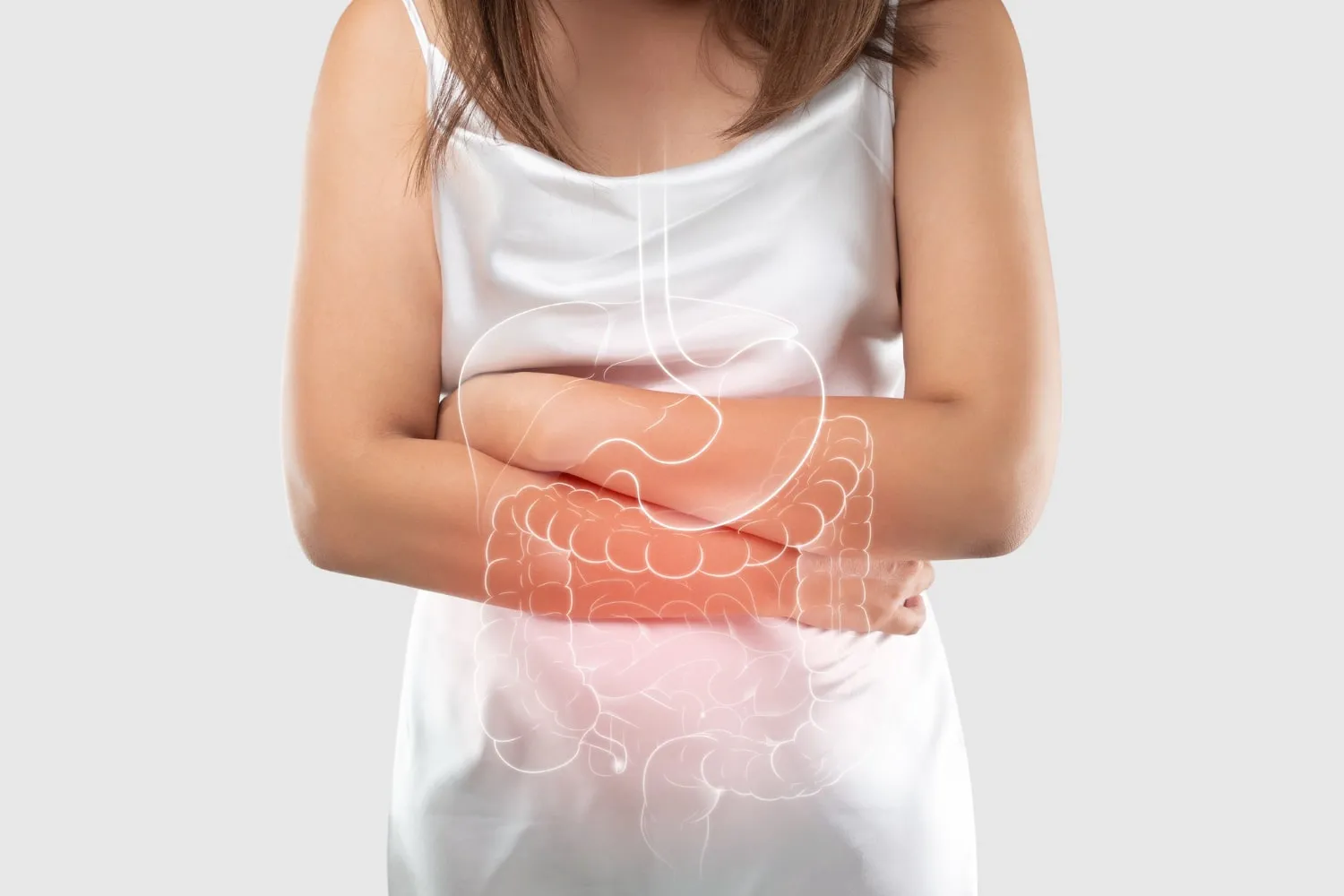
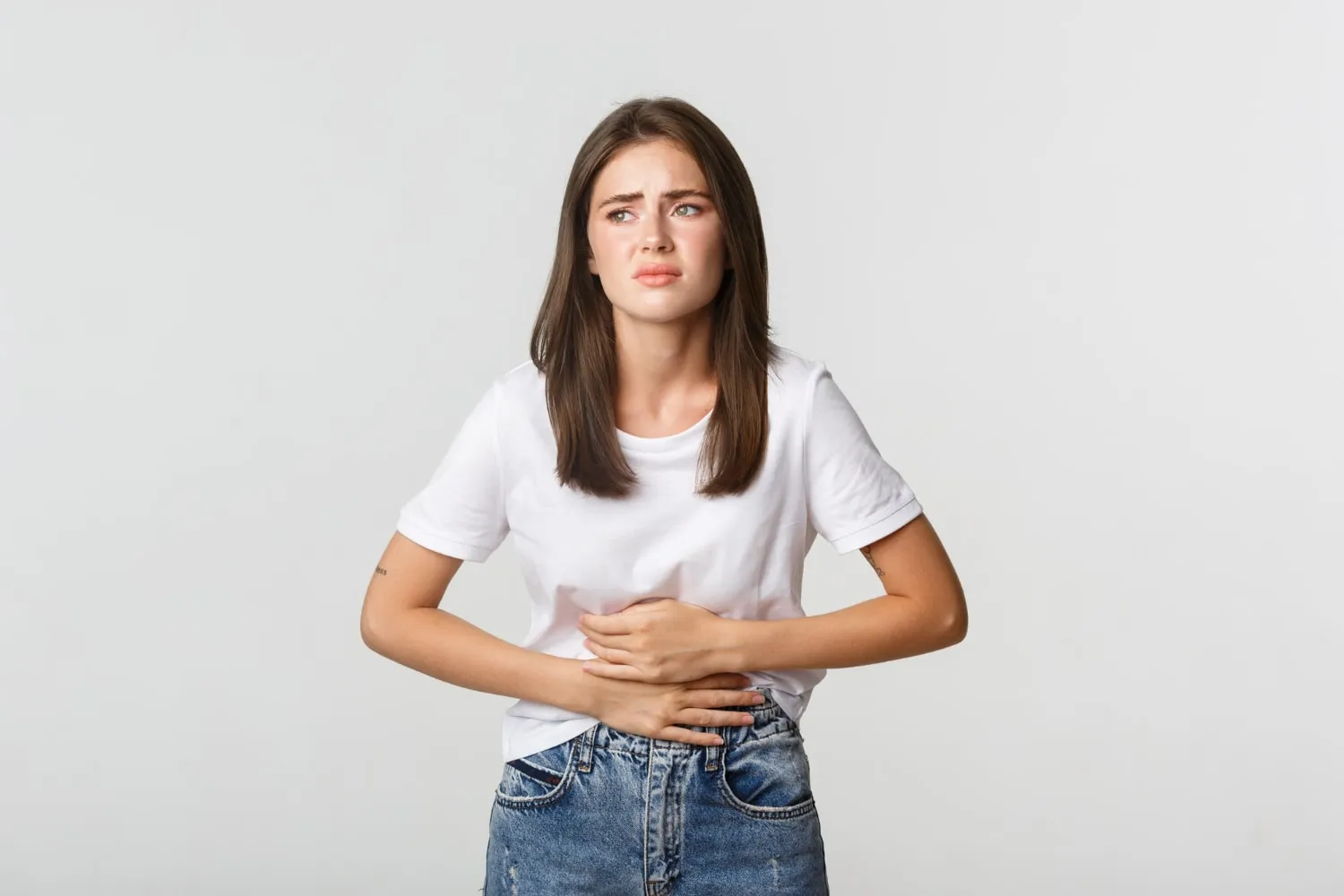
Endometriosis Gas
Endometriosis flatulence is one reason for a gassy belly. But even though this is possible, it is NOT the MOST likely reason for excess gas and bloat.
Having said that, while you need to look most closely at your diet health and possibly food allergies or intolerance, if it does not clear up it’s important to think about endometriosis as a cause for flatulence and bloating. Nine out of ten women who end up getting endometriosis diagnosed had intestinal symptoms as the first thing they noticed.
Persistent bloating and gas may be the very first of these symptoms.
Intestinal Bloating
While intestinal bloating from endometriosis may be caused by endometriotic implants or powder burns directly growing on the bowel, this is most often not the case. The inflammation from endometriosis in the pelvis and abdomen can cause enough inflammation to cause GI symptoms without actual lesions growing on and into the intestine.
The most commonly involved part of the intestine is the large bowel found deep in the pelvis called the sigmoid colon and rectum. Here the GI symptoms of gas, bloating, constipation, painful bowel movements, nausea, vomiting, diarrhea or rectal bleeding can be related to direct deep invasion of endometriosis. We’ll cover all of these next.
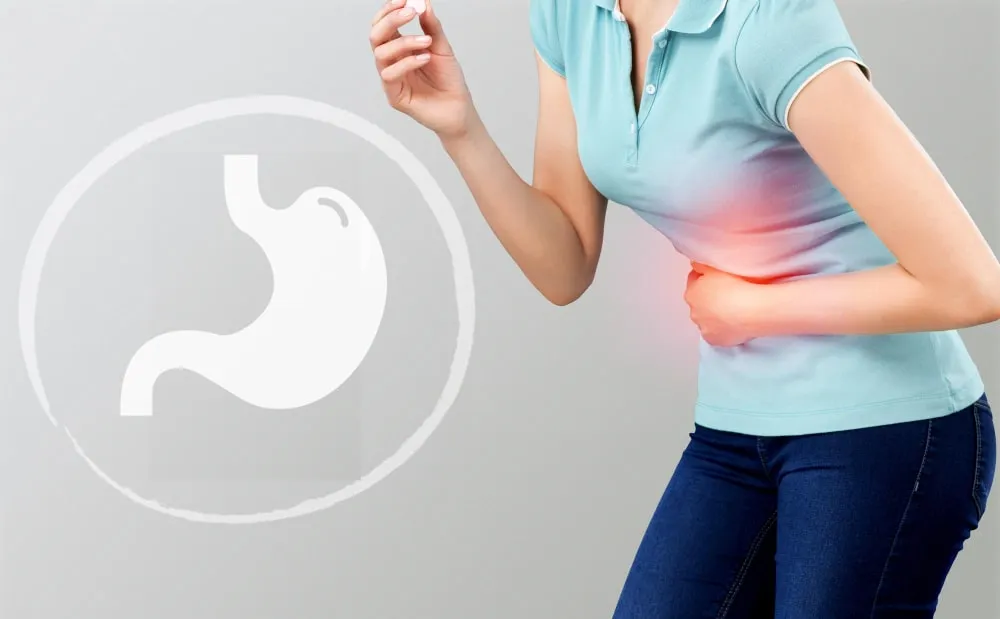

Endometriosis Nausea and Vomiting
Bloating and gas can certainly also lead to nausea and even vomiting. This is usually just due to pain and irritation from endometriosis-associated indirect inflammation. Rarely it can be because endometriosis is actually implanting on the stomach and causing more direct inflammation. If the endometriosis invades deep into the muscle of the stomach it can even lead to bleeding, although this is exceedingly rare. Endometriosis nausea is serious but in expert hands can be reduced or eliminated.
SIBO
When the small intestine, which is usually sterile relative to the large bowel, has a large amount of growth of bacteria this is called Small Intestine Bacterial Overgrowth or SIBO for short.
It has been suggested that up to eight out of ten (80%) of women with endo also have SIBO.
Research suggests that the health of your gut microbiome, which helps in controlling inflammation, may play a role in development and progression of endometriosis.
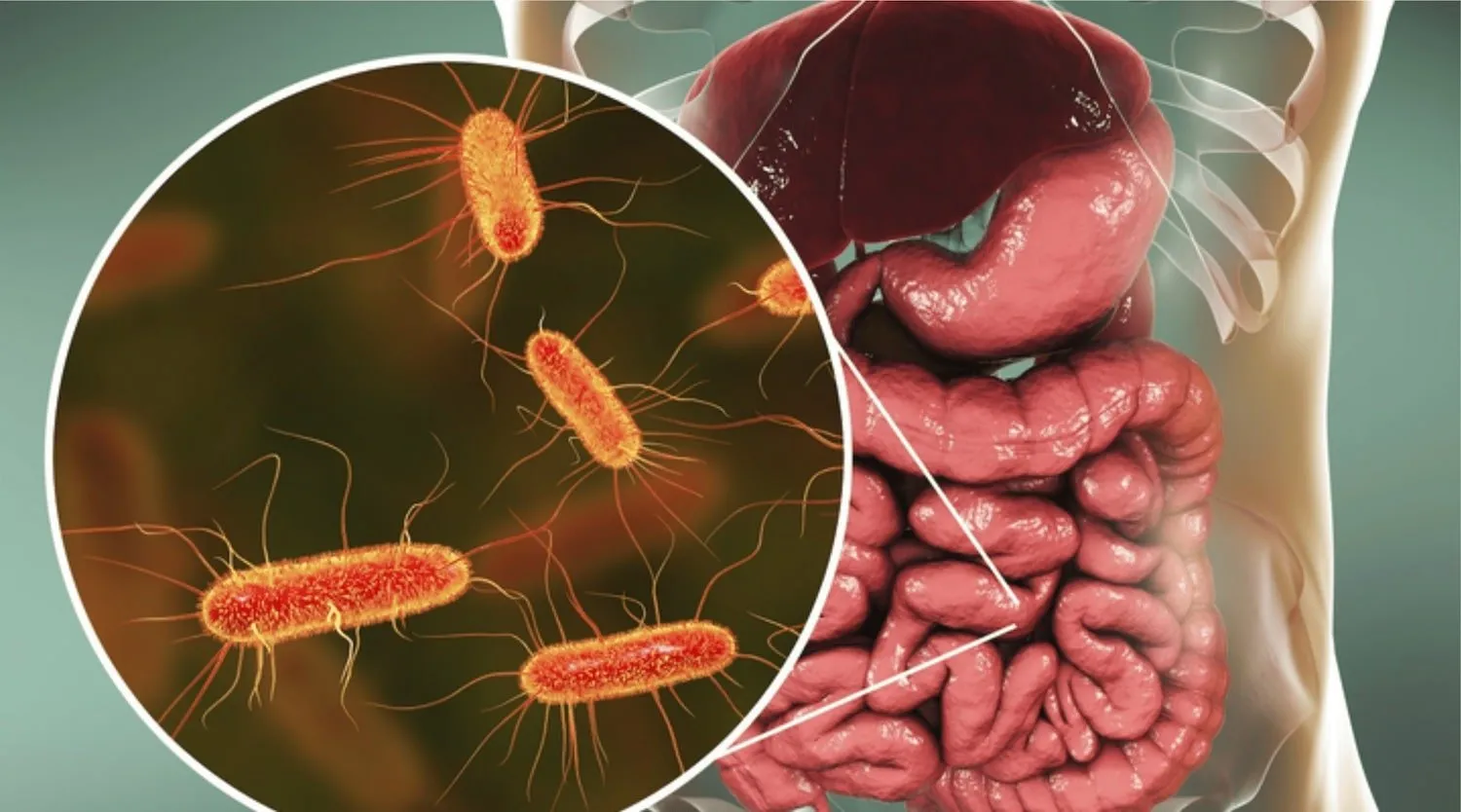
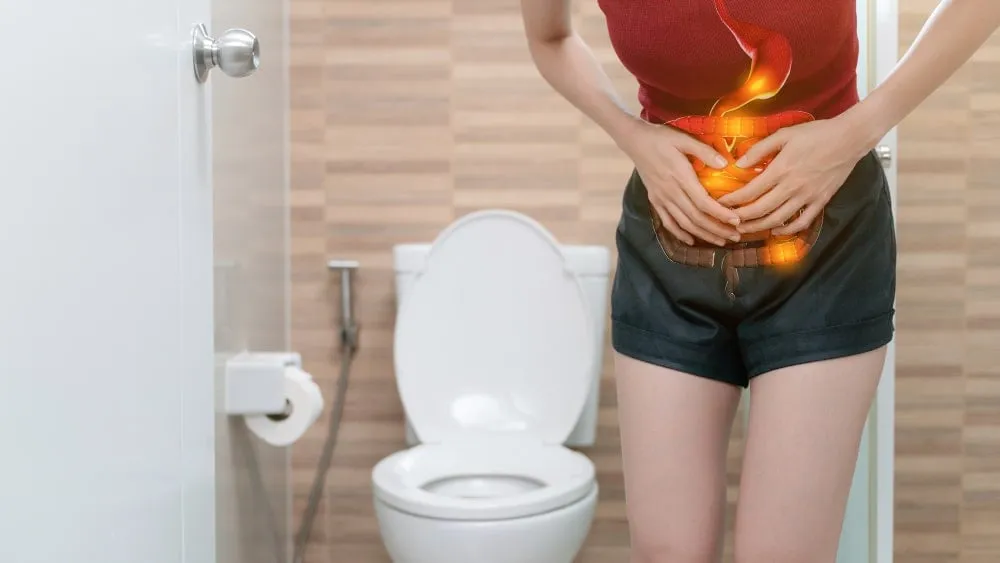
Endometriosis and Irritable Bowel Syndrome (IBS)
If you think you might have irritable bowel syndrome (IBS), or have been diagnosed with this gastrointestinal condition, it is possible that you actually have endometriosis. The problem, just as it is with SIBO, is that the treatment is completely different. So, you may be trying various diets or medications which target IBS symptoms that will not work for endometriosis. Before you resign yourself to a life with IBS it is important to determine if GI endometriosis is the cause of your IBS-like symptoms.
If a gastroenterologist has diagnosed irritable bowel syndrome and you have gone through and upper and endoscopy and you are on a specialized FODMAP diet or antibiotics and it is not working, see an endometriosis specialist. Even if your symptoms improve, but do not go away, it may be worth a workup for endo. As with SIBO, the two conditions may link and co-exist. But without treatment for endometriosis, which may include hormonal and surgical excision treatment, your intestinal symptoms and endo belly may never resolve.
Endometriosis Stomach Pain After Eating
After you eat, food usually passes through the stomach within an hour. But if your intestine is inflamed from GI endometriosis or other causes it can be slow to propel the food further through the small intestine. So, pain and bloating may occur. There are other things, such as gallbladder problems, that can cause this. However, if you have been evaluated for that and there are no gallstones on ultrasound, endometriosis may be linked to your problem.
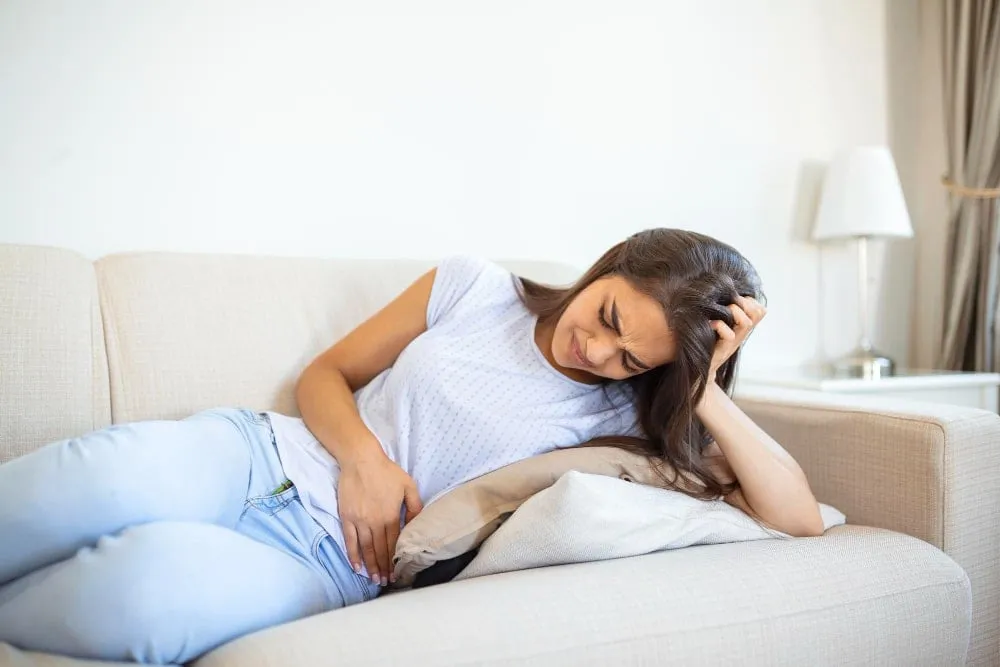

Endometriosis Constipation
When endo involves the sigmoid colon and/or rectum it may cause irritation and diarrhea.
But it can also cause the bowel to become less active and then you can suffer from constipation. Scarring from endometriosis in this area can narrow the bowel and you may see your stool become narrow and stool can back-up behind the stricture from scarring.
Intestinal cancers can also cause this, so if you have obvious changes in bowel habits you should get this evaluated sooner than later.
Endometriosis Rectal Pain and Bleeding
The longer endometriosis is present the more scarring it causes and you can have pain either all the time or during elimination. Painful bowel movements may certainly be due to primary bowel disorders but if you have been evaluated for that and it is all clear, consider endometriosis as a possible cause. If the endometriosis is deeply invasive into the rectal wall, not only can it cause pain but also blood in the stool.
If your rectal bleeding is cyclic, meaning endometriosis tissue may be bleeding only during times of your period due to the same hormones that affect your uterine bleeding, this is even more of a signal that you may have endometriosis.
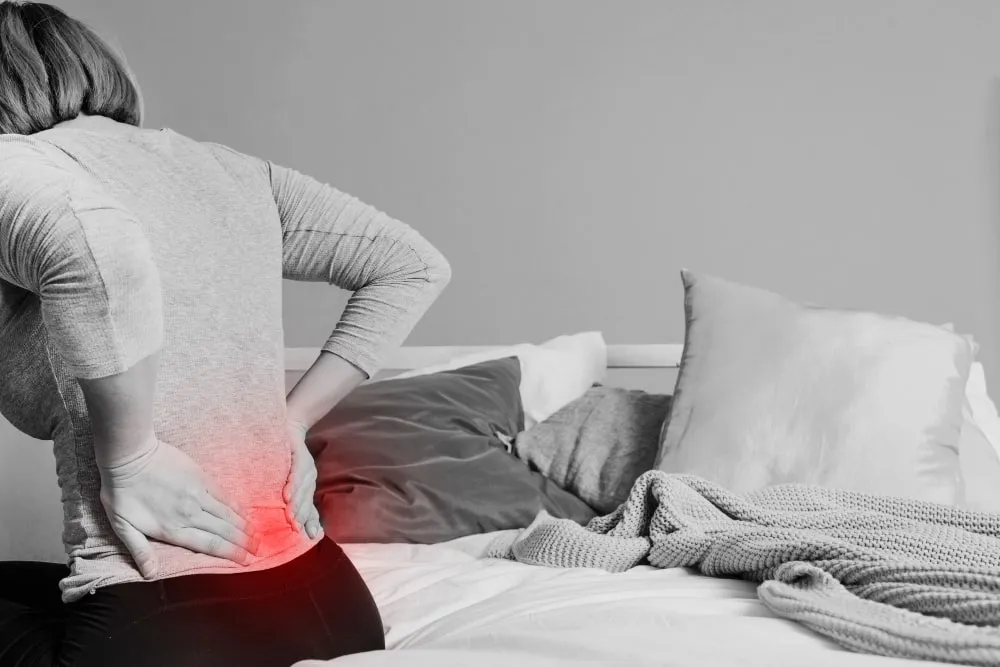

Endometriosis Appendicitis
Endometriosis can affect the appendix like almost any other organ and part of the intestine.
However, it rarely causes appendicitis. Having said that, reports are published that say right lower abdominal pain may be due to the appendix being involved with endometriosis.
Overall, in someone who has endo, up to 60% have at least microscopic involvement of the appendix, which can produce pain.
Endometriosis Appendectomy Benefits
Guidelines suggest that women between teen years and mid thirties, when they are undergoing surgery for another reason such as endometriosis excision, should consider having the appendix removed. Beyond this age it depends on individual factors. The reasons supporting appendectomy are: 1/ this prevents appendicitis from any cause and the last thing someone wants is to have multiple surgeries, 2/ the appendix may be involved microscopically with endometriosis and, if the appendix is not removed, this can grow over time and cause problems, 3/ in large published series of appendixes removed surgically many other unexpected appendiceal abnormalities are uncommonly found when the pathologist looks under the microscope, including types of cancer. After the mid-thirties the rate of appendicitis goes down to where the risks of appendectomy are higher than the risk of appendicitis. However, the other issues noted above still apply and it is something to discuss with your surgeon.
Endometriosis Appendectomy Risks
The risks of appendectomy are primarily related to infection and a possible bowel leak where the base of the appendix is sutured closed, clipped or stapled. This risk is small, usually less than 1%, but in the worst case scenario this can lead to an abscess forming which might require additional surgery and can impact fertility if the infection is severe. A risk-benefit discussion with your surgeon is very important.
Endometriosis and Ovarian Cancer — Bloating
One always hears about bloating and abdominal distention being a sign of ovarian cancer. Unfortunately, endometriosis is associated with a small but significant increased risk of some epithelial ovarian cancers (EOC). It is not clear if women with endometriosis are at higher risk for other types of cancer, but it seems this risk may be relatively low. A combined analysis of studies, representing almost 8000 women with ovarian cancer, the results suggested that there is a threefold (3X) risk of clear cell cancer (a subtype of ovarian cancer) and twofold (2X) risk for endometrioid and low grade serous ovarian cancer (other subtypes). Another study which reviewed 50,000 women in Finland with endometriosis showed that the risk was 2 to 3X more for those with endometriomas (ovarian “chocolate cysts”).
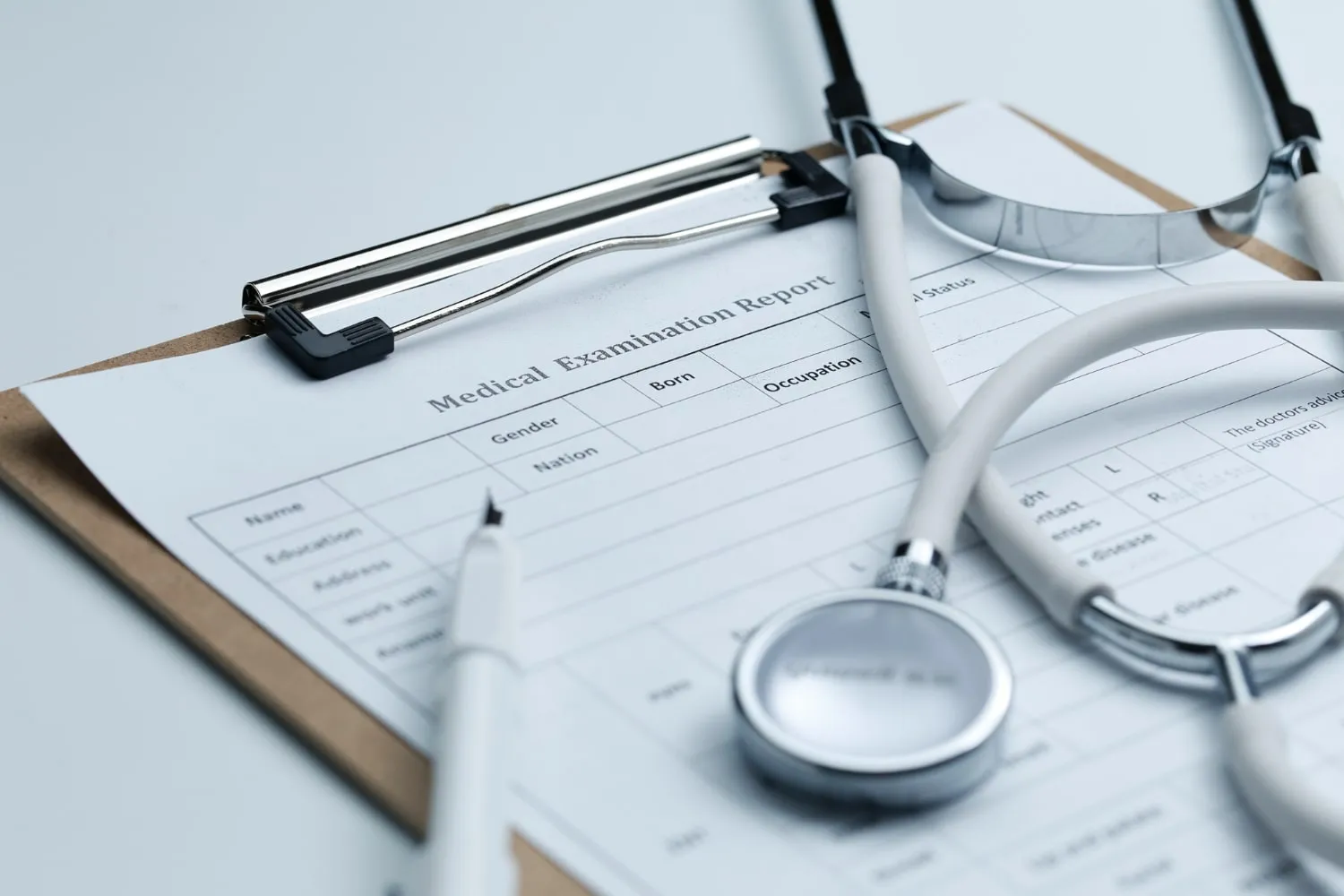
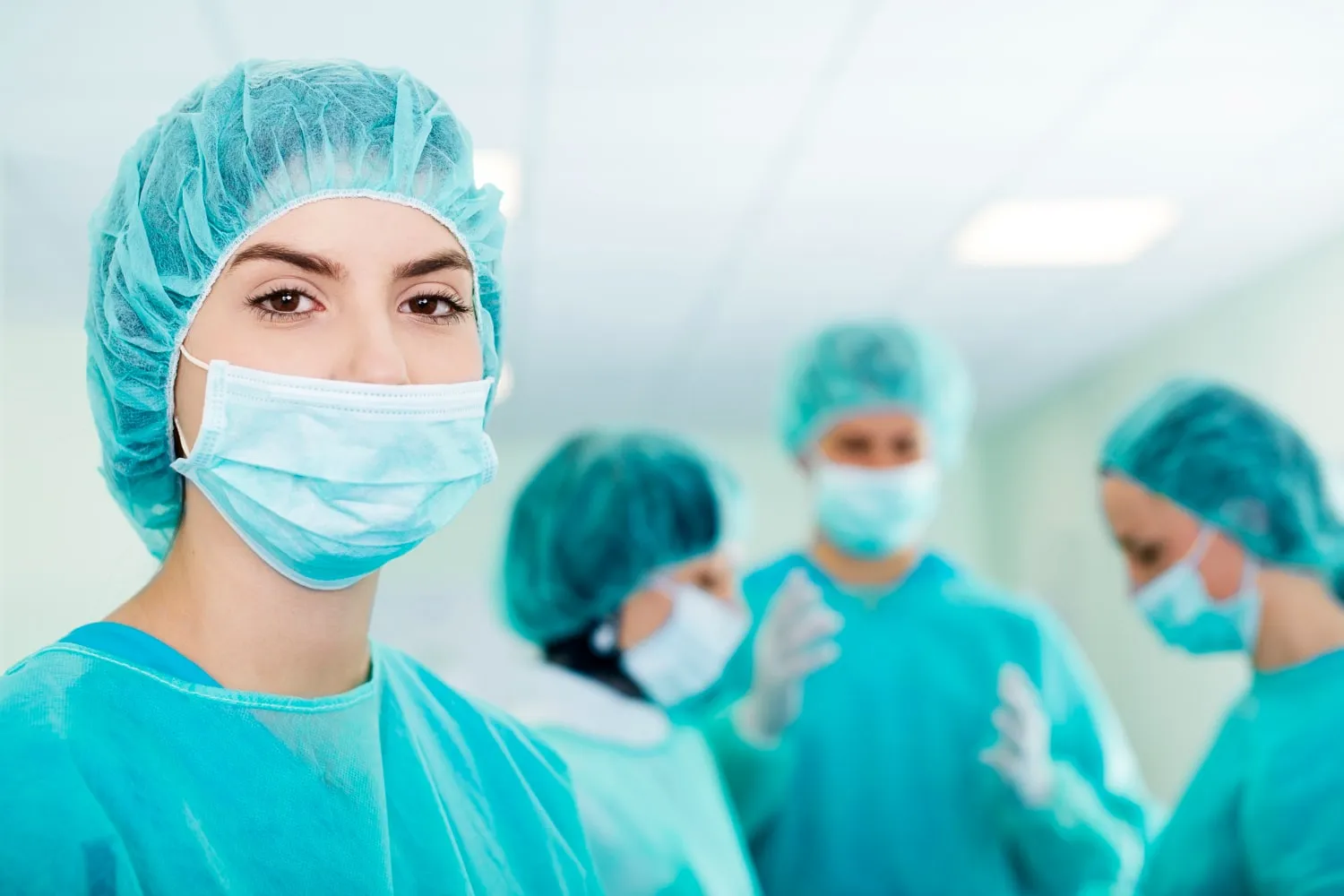
Endo & Cancer Link
Endometriosis cells and implants can become malignant themselves. This degeneration to cancer is usually of the clear cell or sarcoma type, both of which can be aggressive but not always. It appears that some gene mutations which are seen in cancer cells (ARID1A, PIK3CA, KRAS, and PPP2R1A) are also found in about 25% (one quarter) of endometriosis implants. This is most common in those endometriosis lesions that are “deep infiltrative”, simulating what malignant tumors do. The older you are, the more this malignant degeneration is possible and the more a gynecologic oncologist should be involved in your care. This is because, even if there is no malignancy, the surgery required to help you may be far more complex than any general gynecologist or even most endo excisional surgeons can handle. Also, especially if you have a family history of cancer, a gynecologic oncologist can help guide you towards genetic counseling and possible testing to better determine your actual risk.
Bowel Endometriosis Surgery
As noted above, excisional endometriosis surgery may be required and this may or may not even include removal of small areas of intestine. With more endometriosis and especially if it is deep infiltrative endometriosis, removal of segments of bowel may be required. This requires advanced surgical skills and tools. Most often even this type of surgery can be done in a minimally invasive way, involving either laparoscopy or robotically assisted laparoscopy.
In either case a large incision can usually be avoided. The more advanced and scarred and the more intestinal surgery is required, robotics may be better due to superior 3-D optics for the surgeon and more finesse instruments at the tips of the instruments. The last thing you want in an excisional surgery is to create much more trauma with more scarring as a result. So, a highly specialized surgeon that can perform bowel surgery if needed and one that is skilled in minimally invasive surgery is the one you want. Often, this is a gynecologic oncologist.
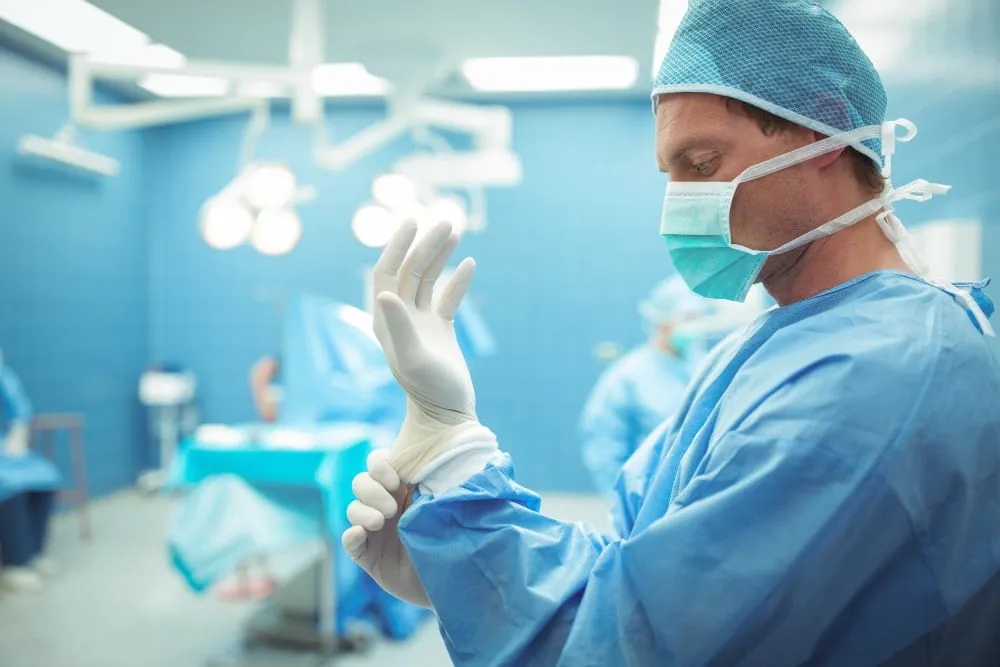
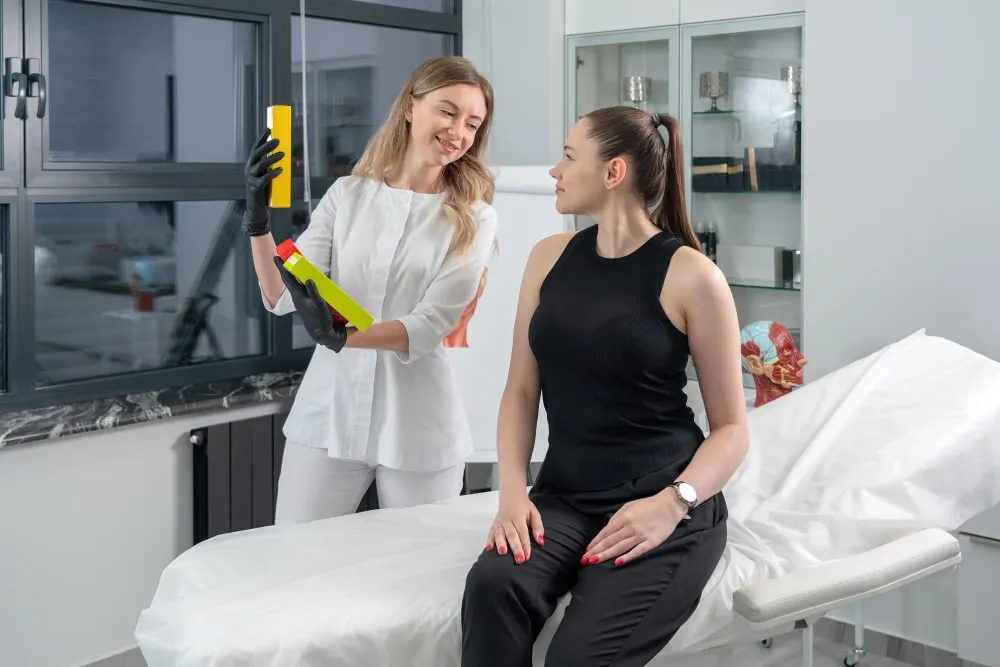
Hormonal & Medical Therapies
Not all bowel associated endo can be eliminated by surgery alone. In some cases it is possible but in others there are just too many areas involved and it is not a good idea to remove large segments of intestine for optimal health. There are hormonal therapies that are available and molecularly based therapies are likely soon to be discovered. For the moment, surgery plus medical therapy, including treatment of associated intestinal disorders, is the best combination plan for women who want to regain their life from gastrointestinal endometriosis.

© Steven Vasilev MD | Gynecologic Oncology. All Rights Reserved 2015-2025.
